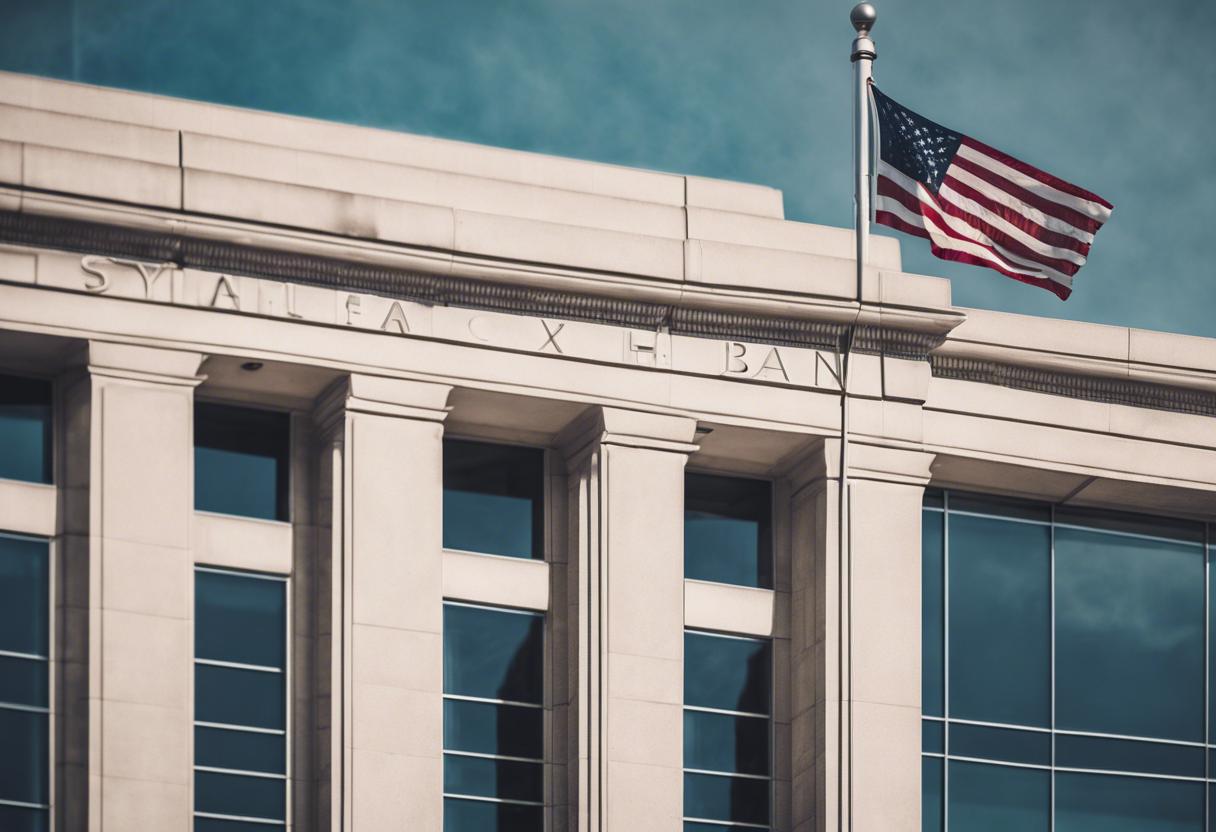The foremost US consumer finance overseer has finalised eagerly-anticipated “open banking” statutes, aiming to spark increased rivalry in a lender market that exceeds 4,000 and to simplify the process for consumers to sync their bank accounts with newer applications.
The Consumer Financial Protection Bureau (CFPB) unveiled the regulations on Tuesday, aligning the US more closely with the norms in the UK and Europe, who have previously formalised directives concerning the sharing of fiscal data.
Rohit Chopra, CFPB director, noted that a significant number of Americans were ensnared in financial agreements with subpar rates and service. He pointed out that the new rules would empower people to secure improved rates and service across bank accounts, credit cards and other areas.
The CFPB has been developing the so-called Section 1033 amendments for eight years, a result of a clause in the 2010 pivotal financial law, the Dodd-Frank Act. Since the act’s enactment, third-party applications linked to a person’s bank account have mushroomed, despite a lack of definitive guidelines on the optimal sharing of information.
Data could be interchanged through an API (application-programming interface), allowing seamless communication between two websites. However, “screen scraping”, a method allowing bots to duplicate financial information using shared bank login details, still remains a practice in the US, and one frowned upon by authorities.
The rules by the CFPB will mandate banks to create systems providing consumers access to their fiscal data, including transaction histories, account balances, and payment information. The data should be provided free of charge, according to the CFPB, who hope that this will dissuade the use of screen scraping.
The possibility of banks imposing a fee on data sharing to third parties was a contentious issue. Banking lobbyists contended that banks ought to have the choice to levy a fee that accounts for the expenses related to the establishment of such data sharing systems.
The objective of the guidelines is to facilitate the use of third-party applications by customers and promote heightened competition amongst financial institutions. There are approximately 4,000 financial institutions in America, varying from colossal enterprises such as JPMorgan Chase with over $2 trillion (€1.8 trillion) in bank deposits, to community banks with bank deposits in the tens of millions.
These new regulations on data sharing will apply to banks with assets in excess of $850 million and fintech firms.
Proponents of open banking posit that these initiatives could encourage wider acceptance of direct account payments in America, colloquially referred to as pay by bank. This method is viewed as a feasible substitute for credit and debit cards, which are notorious for charging elevated fees. © The Financial Times Limited 2024.

